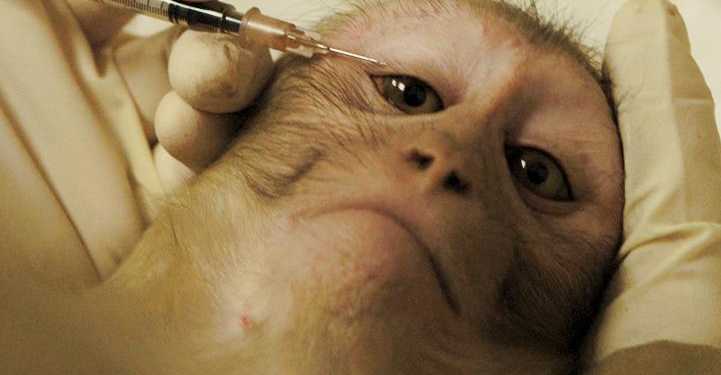In one of its recent moves, the Government of India has stopped the lab testing of animals for biochemical research. This move has been announced at a time when the first world countries are debating the ethics of animal testing. With countries like China and the USA talking promptly about the processes involved in the business, India has already achieved this commendable feat acting on the plans. Even the European Union has been talking about the ethics of testing drugs on animals and larger picture involved, yet no action on the ground from these giants surprises the world.
The revision of the pesticide testing regulations by the Central Insecticide Board & Registration Committee (CIBRC) under the aegis of Ministry of Agriculture is known to direct the companies to look for substitutes in the laboratory. Further, in case of unavoidable circumstances, the respective agencies have been told to present utmost empathy and strict dosing codes which are not lethal for the animals like rats and rabbits.
This step is laudable also for the fact that the European Union has not been able to turn animal testing ban for pharmacological research into reality. Further, the seriousness of the GoI is reflected in the fact that this is a second major decision. Almost two years back, it terminated the re-testing of any drugs on the animals for new drug registrations.
Here, we need to know the reasons explaining why such a revision in existing norms is necessary!
The activists fostering the ban have put forward scientific explanations to prove their point. It has been argued that the existing tissue culturing is an excellent alternative to the existing methods. One of the arguments states that the experiments conducted in different laboratories are not full-proof. Failure of the results on adults obtained from animal-testing certifies that the two have different metabolism and it is illogical to test medicines on one and implement on the other. Certain activists have even urged the pharma majors to work in direction of culturing the cells than subjecting innocent animals to distress and death.
However, there is a lobby which supports the lab testing on animals thence weighing heavily on the EU. With an insight of their own, they argue that the R&D wings of pharma majors will move to a different geography with ‘liberal’ laws. Next argument of theirs questions the eating habits. This asks activists to stop non-vegetarianism demonstrating the sympathy with those animals. Another argument of theirs point at the poor quality of living in Africa where the life is as cheap as the lab rats.
As much as the issues raised by the pro-testing lobby are legitimate, they sound bizarre when used against those of the activists. For now, a country like India has been able to revamp itself as a better country on the animal-friendly index. Our office bearers have shown immense courage in standing for the animal rights to embrace the brutality-free measures of testing despite the challenges to the world of research and public-health. It is remarkable in the terms of global scenario for the leading countries refuse to give up on the revenue, break free from the nexus and impacts of lobbies in decision making.
Based on this Report – http://www.dailypioneer.com/columnists/edit/compassion-meets-science.html




























